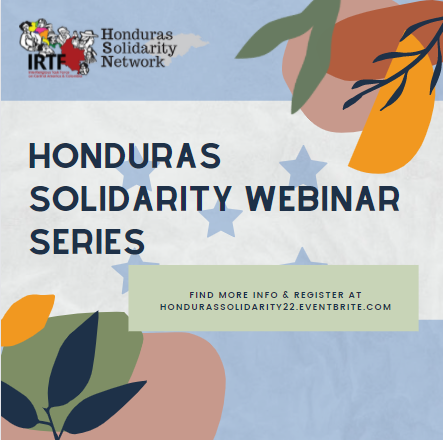Violence continues in El Estor, Izabal Department, where Maya Indigenous residents have been organizing resistance to the El Fénix nickel mine for the past decade. On May 16, pro-mining residents inflicted serious harm on Adela Choc Cuz, a 68-year-old member of the Ancestral Council of Maya Q’eqchi’ and well-respected spiritual guide in El Estor. Assailants waged an attack on her after accusing her of witchcraft. They burned down her home, held her and her daughter Sandra Tec Choc captive, threatened to burn her alive, and threatened to decapitate her. When police arrived on the scene, the assailants threw rocks at them and attempted to burn their patrol car, thwarting the rescue attempt.
While this might appear to be an interpersonal dispute, investigators must note the political context. Adela Choc Cuz and her family are vocal and active members of the organized resistance to the El Fénix nickel mine. The assailants are associated with a pro-mining evangelical church and radio station and the pro-mining community development council COCODE. Fifteen members of COCODE were at the house when the women were finally released after 18 hours.

